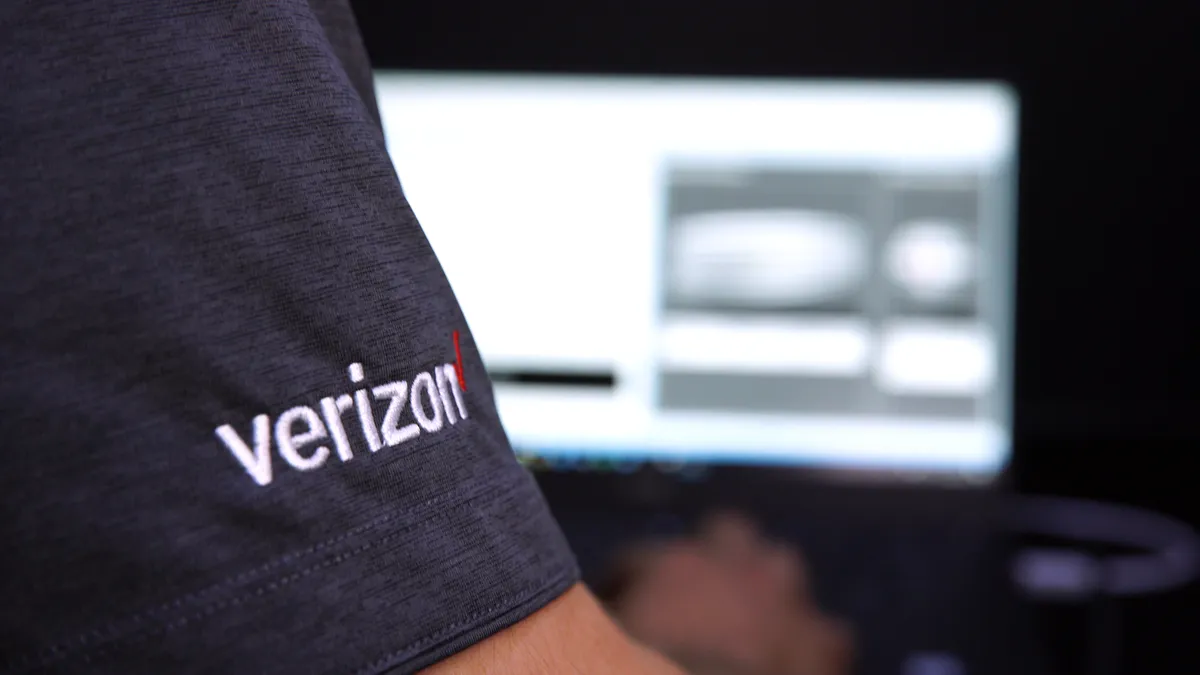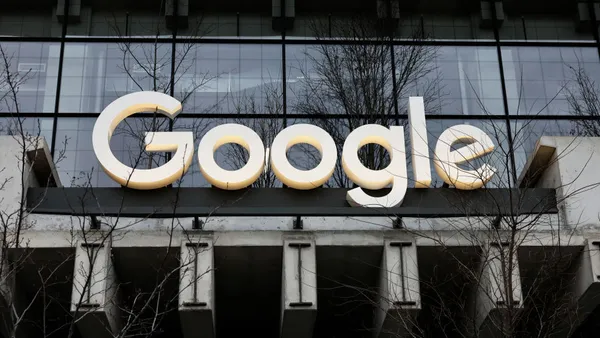Dive Brief:
- Verizon Media this week introduced a way for marketers to target their advertising without using individual identifiers. The media arm of the telecom giant launched Next-Gen Solutions, which relies on contextual and real-time information like weather, location and device type to serve ads, even in the absence of third-party cookies or device IDs, per an announcement.
- The software suite is an extension of a universal identifier called ConnectID that Verizon Media, whose brands include Yahoo, AOL and TechCrunch, introduced in December. The identifier uses first-party data captured from consumers when they use Verizon's websites, apps and email. Its Next-Gen Audiences and Next-Gen Buying solutions will be available during the current quarter, while its measurement tool will be rolled out in the fourth quarter.
- Verizon Media's Next-Gen Solutions suite comes as marketers, publishers and ad-tech companies develop audience tracking technologies that aim to protect consumer privacy while replacing third-party cookies and device identifiers. Google is testing a technology called Federated Learning of Cohorts (FLoC) for its Chrome web browser, but has faced opposition from privacy advocates and makers of rival browsers.
Dive Insight:
Verizon Media's introduction of its Next-Gen Solutions suite marks its latest effort to provide marketers with a way to target their advertising while also protecting consumer privacy. The solution is notable for using contextual information — such as the surrounding content in which the ad will appear — and other real-time data signals like weather information for specific geographies to serve ads when a third-party cookie or device identifier is absent.
"The future of identity lies in striking the right balance of providing a meaningful consumer experience and delivering growth for advertisers and publishers, while also preserving consumer trust," Iván Markman, chief business officer of Verizon Media, said in a statement.
The suite consists of three tools for defining which audiences to target, buying ads programmatically and measuring the results. Next-Gen Audiences relies on first-party consumer data collected by Verizon Media, and uses machine learning (ML) to build models of audience segments. Next-Gen Buying is integrated with Verizon Media's demand-side platform (DSP), which provides frequency capping to avoid serving consumers with the same ad too often, which is wasteful and detracts from a positive consumer experience. Next-Gen Measurement promises to give marketers an omnichannel view of their campaigns.
Verizon Media's introduction of its Next-Gen suite comes as the media, marketing and ad-tech industries develop privacy-safe alternatives to the third-party cookie and device identifiers. Google next year plans to end support for third-party cookies in its Chrome browser, which has a 64% market share worldwide, according to Statcounter. The search giant is working on a replacement for the tracking method, including its FLoC technology that uses statistical modeling to create lookalike audiences based on people's browsing behaviors.
However, doubts remain about the effectiveness of the technology in ad targeting and whether it protects people's privacy. Rival browsers Vivaldi, Brave and DuckDuckGo and digital rights non-profit Electronic Frontier Foundation have recently raised concerns about FLoC.














